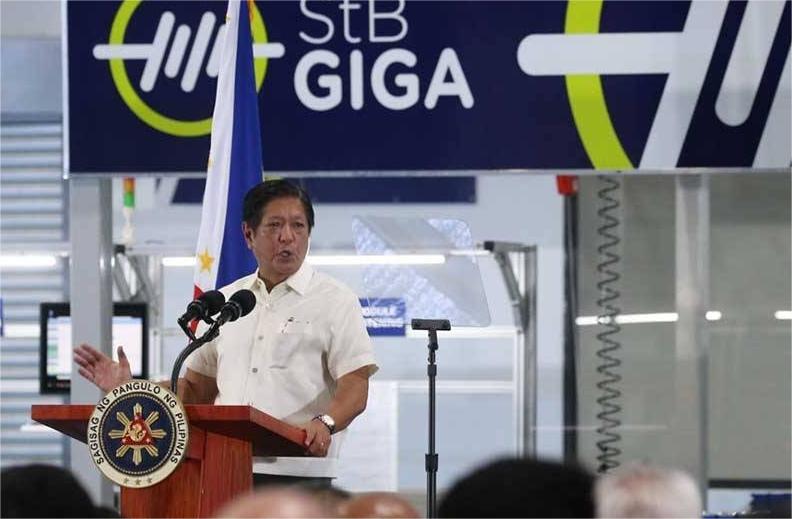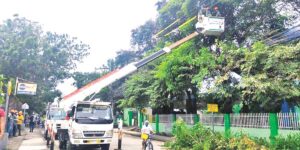In a groundbreaking step towards sustainable transportation, the Philippines has officially opened its first electric vehicle (EV) battery plant. President Ferdinand Marcos Jr. led the inauguration of this state-of-the-art facility in September 2024, marking a significant milestone for the country’s efforts to shift toward greener, more sustainable technologies.
The battery plant, located in Batangas, is expected to support the rapid growth of the EV industry in the Philippines and across Southeast Asia. This facility is key to building the infrastructure necessary to support a local EV market by producing lithium-ion batteries, the crucial component in electric vehicles. These batteries are known for their long life, energy efficiency, and reduced environmental impact compared to traditional combustion-engine vehicles.
A Boost to the Local Economy
The EV battery plant is projected to generate numerous benefits for the Philippine economy. It is expected to create hundreds of jobs in both its manufacturing operations and the supporting supply chain. This development aligns with the government’s broader agenda of industrialization and technological advancement, which seeks to position the country as a hub for sustainable industries.
President Marcos highlighted the importance of this plant in his remarks, stating that it will not only reduce the country’s dependence on imported fossil fuels but also open up new opportunities in the green technology sector. The facility is also expected to support the Philippine government’s Electric Vehicle Industry Development Act (EVIDA), which was signed into law to encourage the adoption and production of EVs in the country.
Environmental and Strategic Importance
As the world grapples with the consequences of climate change, the shift towards electric vehicles is a critical part of the solution. EVs produce zero direct emissions, significantly reducing air pollution and helping countries meet their climate goals. The establishment of an EV battery plant in the Philippines plays a key role in this global transition, contributing to cleaner air and reduced greenhouse gas emissions in the long run.
By investing in the local production of EV batteries, the Philippines also reduces its dependence on foreign suppliers, positioning itself as a regional leader in clean energy technologies. The country’s strategic location in Southeast Asia could see it becoming a central hub for the manufacture and export of EV components to neighboring countries.
Challenges and the Road Ahead
Despite the promising prospects, the EV industry in the Philippines faces several challenges. Infrastructure for charging stations remains underdeveloped, and the cost of electric vehicles is still relatively high for the average Filipino consumer. However, the opening of the battery plant signals a commitment to overcoming these hurdles. The government, in partnership with private stakeholders, is working on expanding EV infrastructure, including the construction of public charging stations and incentives for EV buyers.
As the Philippines continues to push for more environmentally friendly technologies, the opening of its first EV battery plant is a promising step forward, symbolizing the country’s dedication to a sustainable future.
This development is part of a larger global shift towards renewable energy and sustainable technologies, positioning the Philippines as a key player in Southeast Asia’s green transition.








